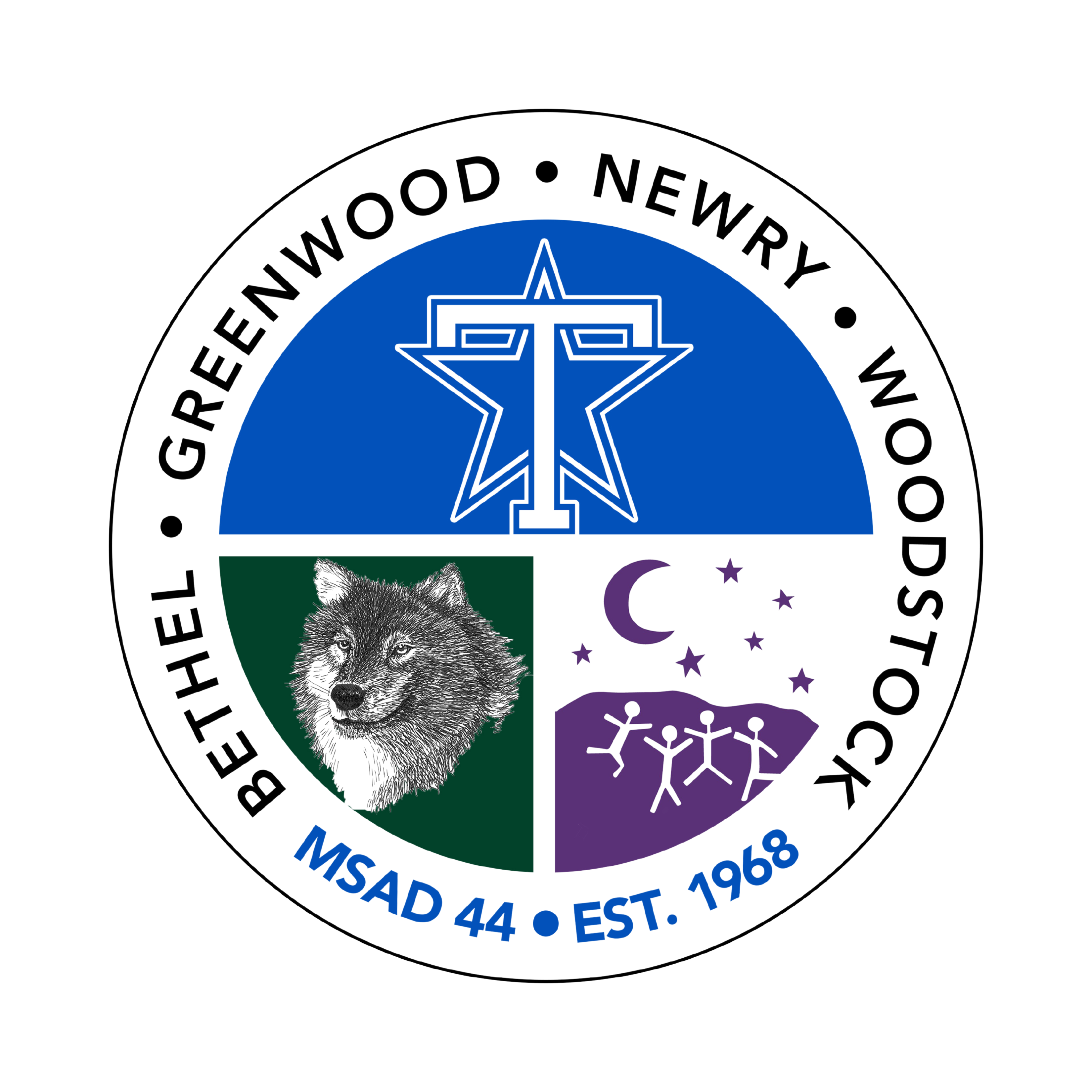We are excited to announce that Telstar High School was awarded a RREV grant in the latest round in the amount of $250,000 to put towards our plans to help us build an outdoor pavillion (2 classroom spaces), a sugar shack, expand the use of our greenhouse, and set new course pathways that will benefit the whole complex in our 5 year plan. The money is to be spent between now and June 30, 2023.
Here is an overview of the project that was submitted for approval:Overview: The Telstar RREV Design Team considered the following challenge statement when developing our innovation: How might we develop an experiential pathway that connects our local economy, environment, and culture to challenges of past, present, and future sustainability so that students contribute in real time as active citizens exploring place-based career paths?
The Local Ecology and Aspirations Pathway (LEAP) is a series of interactive, problem-based and process-oriented courses and learning experiences designed in partnership with community businesses, organizations and local leaders. The goal of this pathway is to; provide alternative methods for students to attain core academic credit, to help students engage with the community in a meaningful way, and develop relationships that help them define and refine their post secondary aspirations. Throughout their 4 years in high school, LEAP students will have choices in their coursework expanding their community experience into a more refined focus on career exploration of legacy and heritage industries; outdoor recreation, sustainable tourism, wood products, conservation, healthcare and small business innovation and entrepreneurship.
Course structures are designed around the place we live, connecting content in a local context. Students explore both past and present, empowering them to become informed partners in building a sustainable future. The pathway consists of a blend of required and choice courses, all of which have a place-based, experiential and community-based design that get students out of the classroom, learning and working in the world around them. In the 11th and 12th grades, students will use their community connections to embark on individual choice projects based around a need identified by the student and community and/or participate in a career experience (internship, work study, apprenticeship, etc), both of which are designed to focus their post secondary planning.
Pathway Goals:
Guide students in exploring local career opportunities
Extend experiential learning options
Connect students as change agents in community development
Activate and engage community partners, connecting them to the learning process
Connect economic, environmental, and social cultural elements of the community to explore future sustainability
Develop a collaborative innovation mindset between students, teachers, and community
Redefine content learning by connecting traditional concepts to real-world contexts
Foster cross-sector partnerships
Develop a vibrant local ecology
To build a student’s academic confidence and autonomy
The contents of this (insert type of publication; e.g., book, report, film) were developed under a grant from the Department of Education. However, those contents do not necessarily represent the policy of the Department of Education, and you should not assume endorsement by the Federal Government.
The Maine Department of Education’s Rethinking Remote Education Ventures (RREV) project is 100% funded by the U.S. Department of Education’s Education Stabilization Fund awarded through the Rethink K-12 Education Models (REM) grant. Maine was awarded $ 16,958,613.

